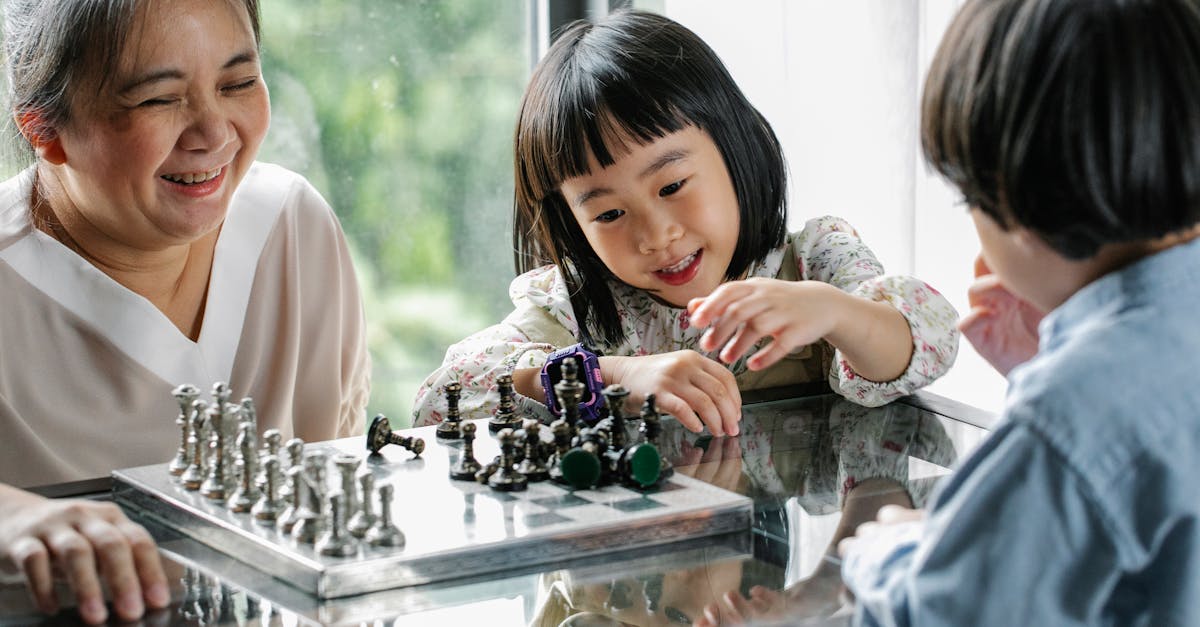How AI Shapes Childhood Learning
Artificial Intelligence is transforming how kids learn today and that’s exhilarating! It’s not just fancy robots; it’s a friend helping with math, aiding in creative projects, and even sharing bedtime stories.
But AI isn’t a magic wand. While it enables customized learning experiences, it’s vital for parents to monitor the content their children access. Remember the classic toy commercials that seemed so alluring but turned out less exciting in reality? Parsing AI content has some parallels!
When AI tools are school-focused and implement in-person social skills, they’re immensely beneficial.

Conclusion: AI has the power to revolutionize childhood learning, but it’s essential to strike a balance between its benefits and potential drawbacks.
Emotional Well-being in the AI Age
Incorporating AI into children’s lives affects their emotional well-being too. Did you know AI can sometimes feel like a comforting friend? It can reinforce achievements and offer support when kids feel down. Think of a digital cheerleader, yay! But, this digital cheerleader doesn’t always understand complex emotions the way you do. Over-reliance on AI for emotional support may lead to children neglecting real feelings and struggles. Talking to your child openly about their feelings is essential.

Key Points:
- AI impacts children’s emotional well-being.
- AI can act as a supportive entity but lacks understanding of complex emotions.
- Over-reliance on AI might lead to neglecting real feelings and struggles.
- Open conversations with children about emotions are crucial.
Balancing Screen Time and Play
Screen time debates are as common as pineapple on pizza discussions at our home. AI devices can add to screen time, making it trickier to maintain a balance. Kids may prefer to spend more moments interacting with their AI buddies rather than live human friends. This can hinder physical activities.
Encourage activities outside of screen times. Opt for AI-free zones like family dinner tables or playtimes. Incorporate tech-free activities that stimulate creativity and physical wellness.

AI as a Social Tool
AI’s social impact on children is substantial. For some, it’s like having a patient tutor who answers the same question a hundred times—gently! But, real human interaction is irreplaceable. AI lacks the nuances of human communication.
Encourage group activities, playdates, and teamwork-oriented games. AI can assist but should not replace human connections. Talking, sharing, laughing—whether at home or in activities—is crucial for holistic social development.

Parental Tips for Healthy AI Interaction
Let’s face it; AI is here to stay. It’s crucial to ensure that it isn’t the sole influencer in our kids’ little worlds. Be actively involved in your kid’s AI interaction. Use parental control features on devices and set screen time limits. Teach your child about the pros and cons of AI. Encourage mixed activities, both tech and non-tech. Above all, foster open communication. Share your own AI blunders! Kids should know they’re not navigating this digital kingdom alone. A balanced AI diet will nourish both their brains and hearts.

